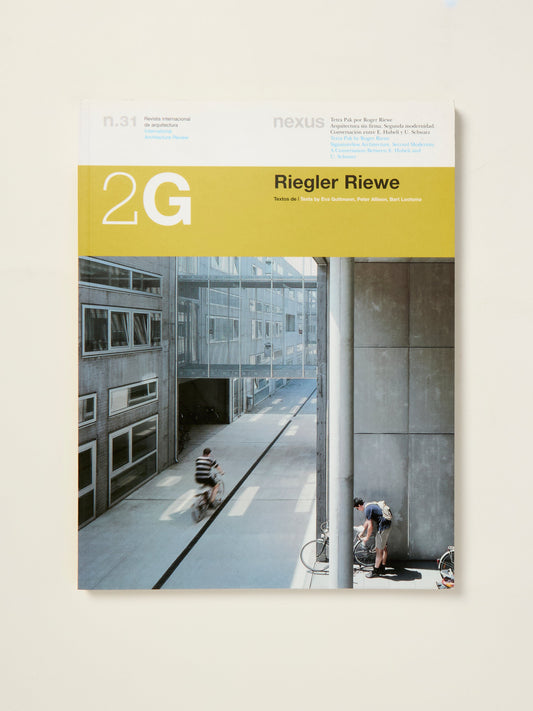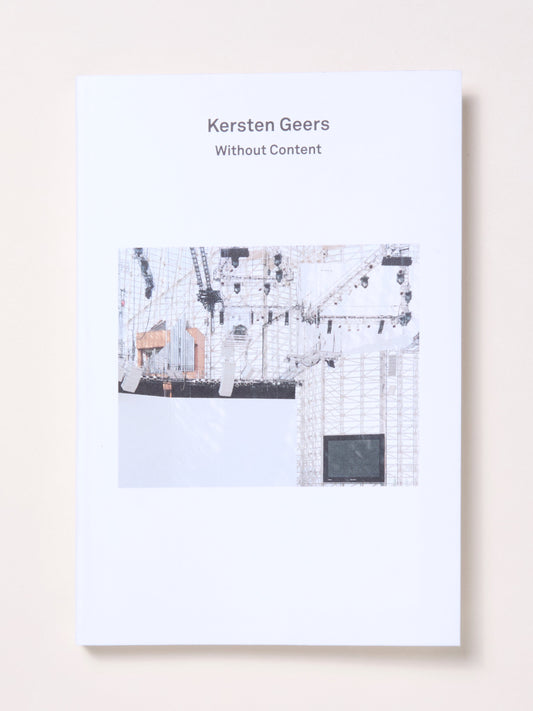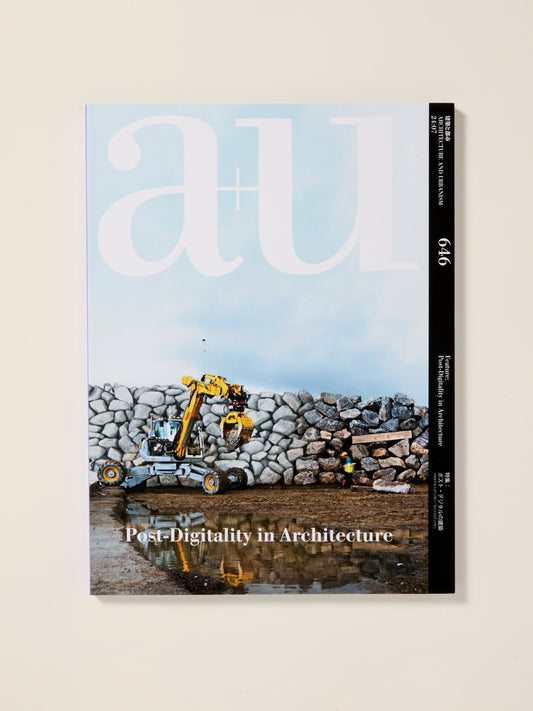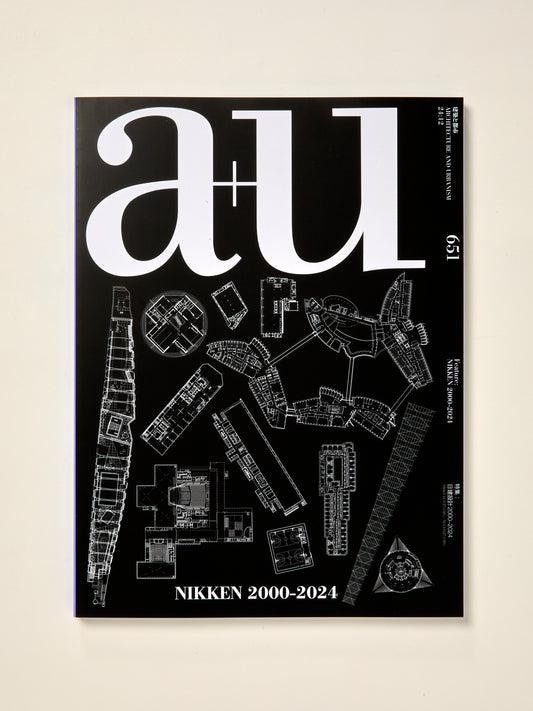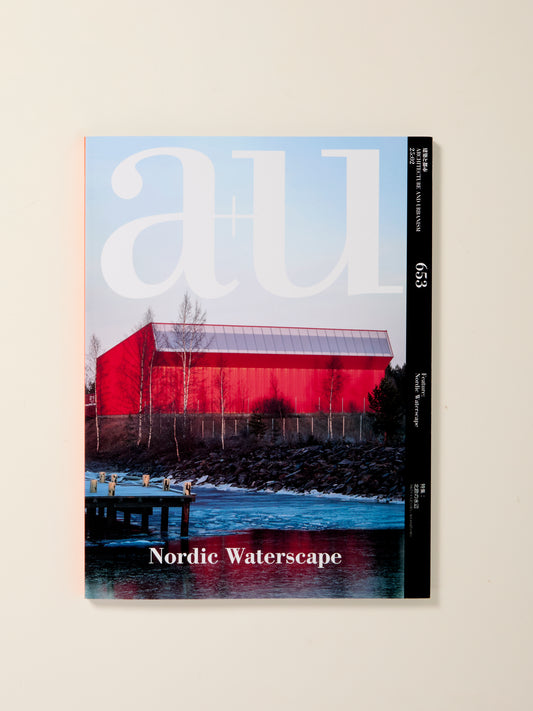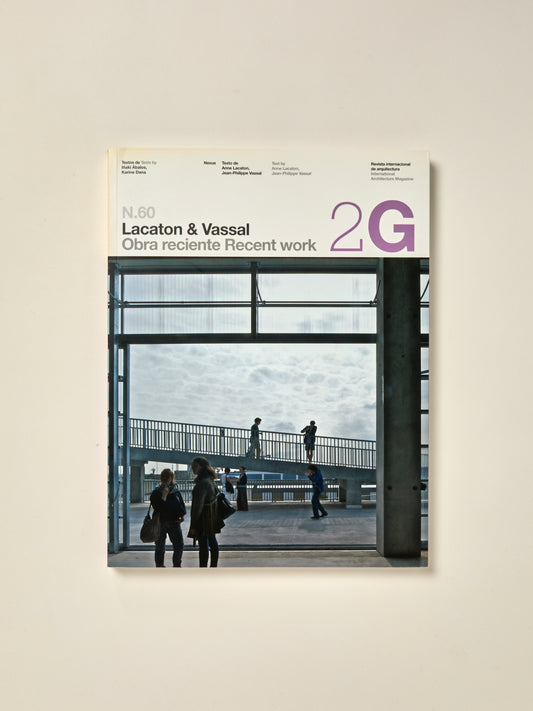
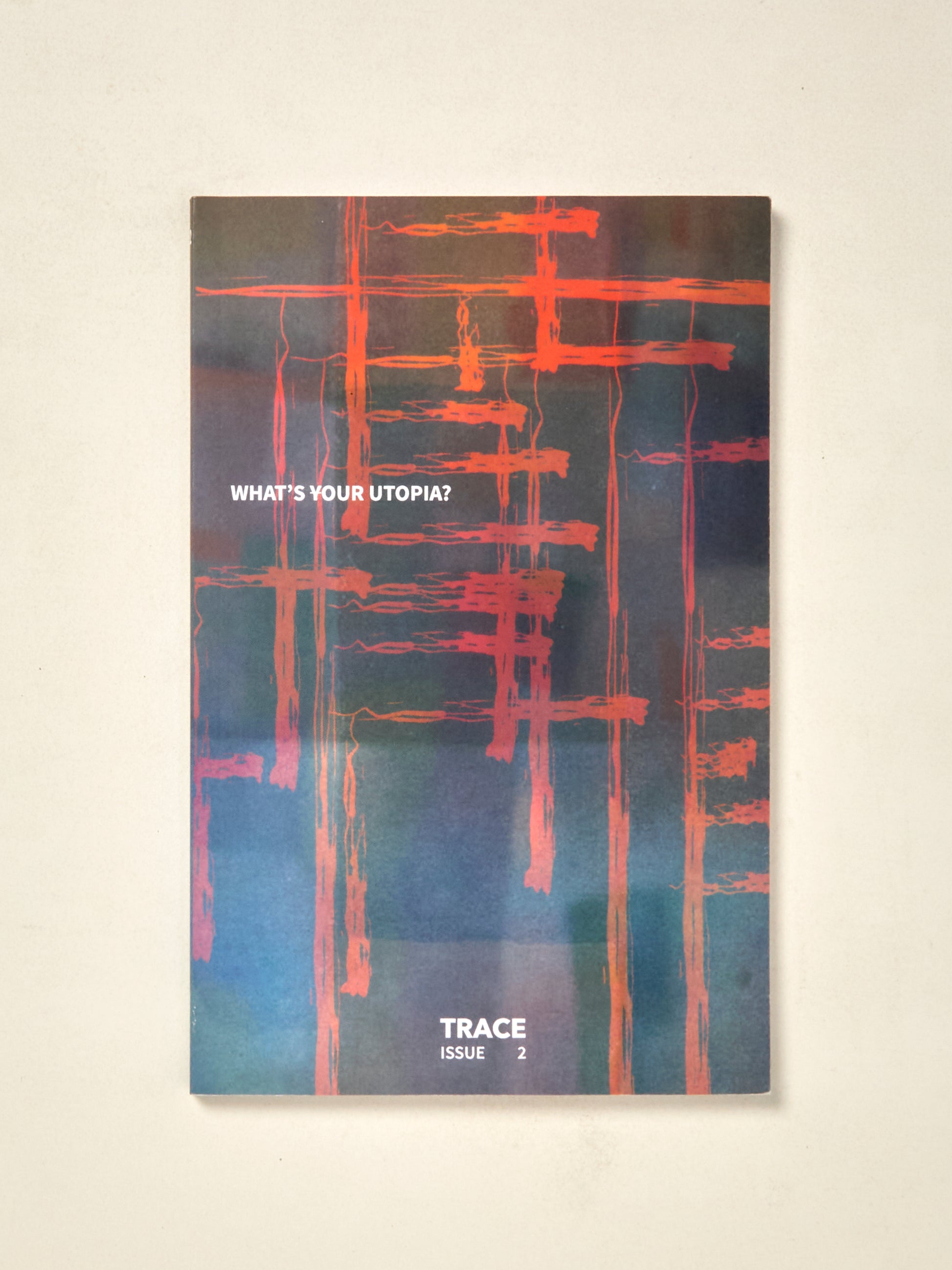
TRACE 2: What's Your Utopia
TRACE 2: What's Your Utopia
It seems almost blasphemous for today's architects to propose a "new utopian vision." The failures of past utopian experiments seem self-evident, failures which us students of CED have criticized relentlessly. All utopian visions have a tendency to devolve into dystopian sufferings since the emergent behaviors of cities involve a near-infinite amount of complex subsystems that one single person cannot comprehend and predict. The complexity of humanity's multifaceted existence means one single person cannot envision all possible needs.
Architects and designers often fall victim to this impossibility. Our projects are fallible due to unavoidable ignorance, and avoidance can be an easy escape that pulls on a subconscious desire to start from a tabula rasa, to erase all contexts. But what utopian vision is truly context-less? We criticize dystopias because we experience dystopias. The dystopian contexts which surround us give us new concerns and give us new urges to express, to imagine change for a better future.
There is a little utopian wishful thinking inside each one of us. It is this same naivety, often referred to as idealism, that fuels progress and change. Ideals orient us, unite our motivations and direct our endeavors.
You are the trained students, and soon to be professionals in various fields of environmental design and planning. As the future grows more fraught with conflicts and instabilities, will you sit on the sidelines of assumed safety, or will you propose your personal utopian visions? Will you unashamedly display your naive ideals, unfearing of well-deserved criticisms?
